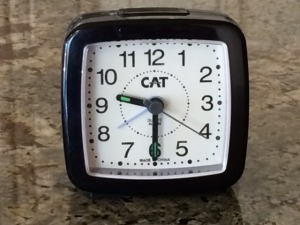Vilfredo Pareto, a mathematician, sociologist, and economist of the 1800s, laid the groundwork for what has become the 80/20 rule. Pareto theorized that in any given group there are relatively few “significant” items, and attention must be placed on these if maximum results are to be expected. Stated another way, 80 percent of the results will come from 20 percent of the events. It’s important to differentiate between the vital few and the useful many.
For instance:
- An insurance company discovered that 80 percent of its income came from 20 percent of its clients.
- A manufacturing firm realized that 80 percent of its sales were coming from 20 percent of its product line.
- In most non-profit organizations, 20 percent of the contributors provide 80 percent of the income.
This rule compels us to identify and focus on priorities. What are the load-bearing factors that exert an inordinate amount of influence on your life and organization? Are your resources allocated accordingly?
When I teach the Lead Well workshop, I use an object lesson to underscore the importance of focusing on a few important tasks. Every delegate receives three golf balls, a small plastic sleeve that’s made to hold the balls, and a small sack of sand. I ask delegates to simply place the golf balls and the sand in the sleeve and put the lid on.
The only way to make it work is to put the golf balls in first, then pour the sand in and allow it to fill in the space around the golf balls. If you insert the sand first, the balls won’t fit and the sleeve won’t close.




